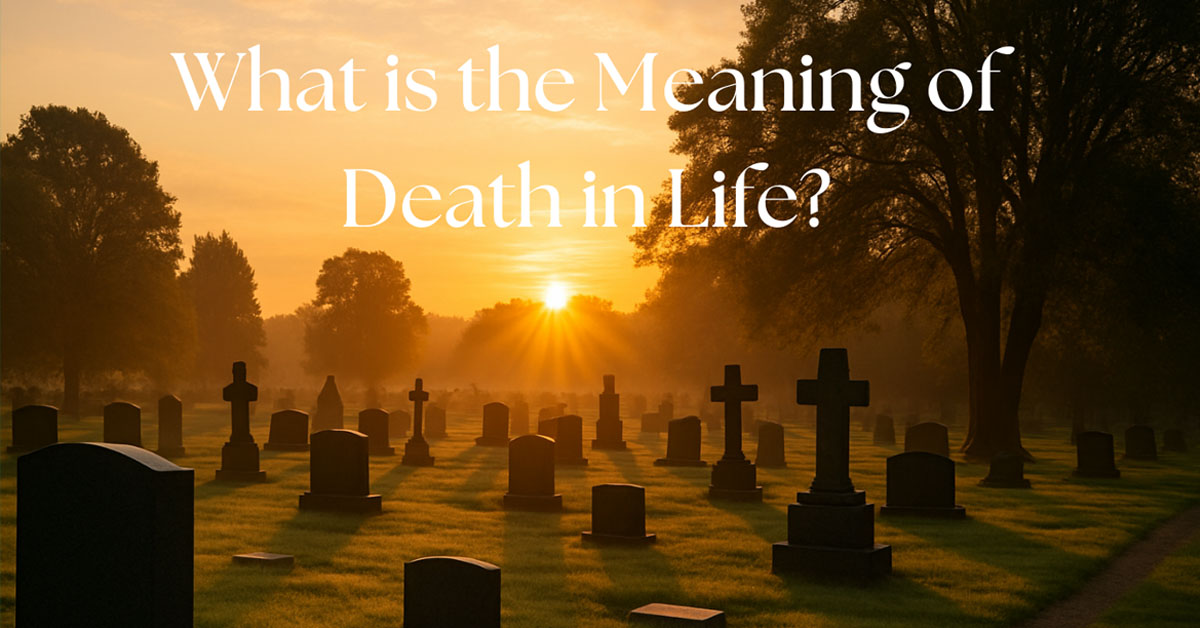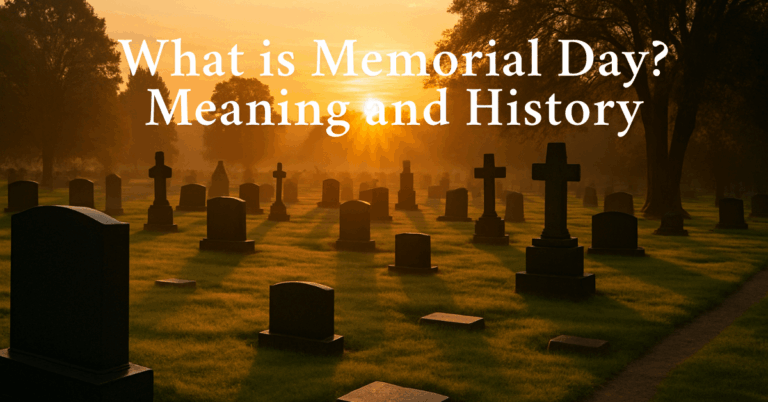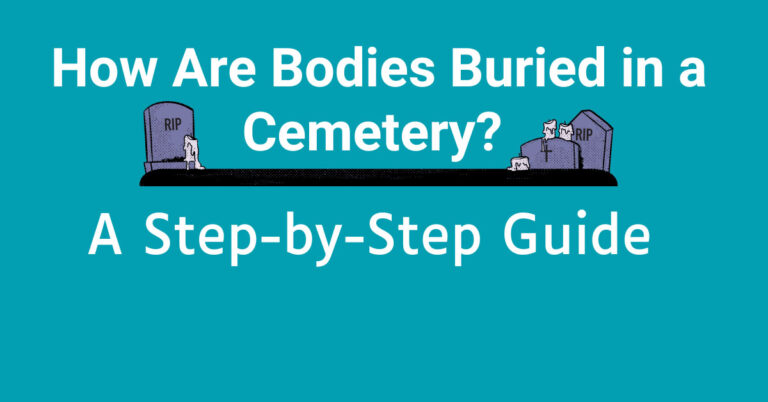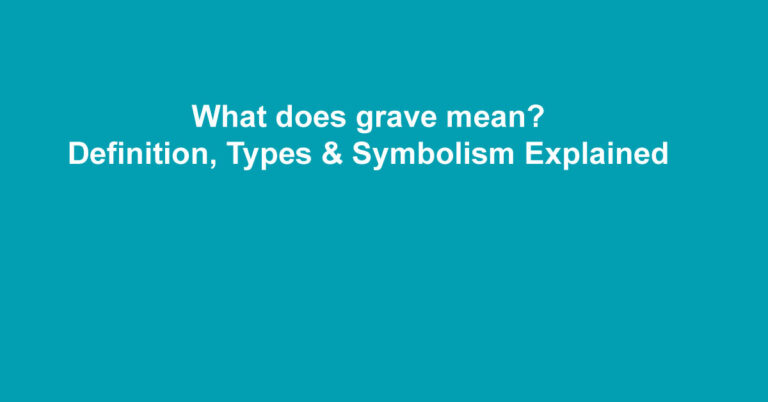What is the Meaning of Death in Life?
What is the Meaning of Death in Life? Exploring Mortality, Purpose & Legacy. Dive into a profound exploration of how death shapes the meaning of life. Understand the role of mortality in human purpose, spiritual beliefs, emotional connections, and the legacy we leave behind.
Why Do We Ask About the Meaning of Death?
The question “What is the meaning of death in life?” is one of the most profound inquiries humanity has ever asked. It’s a question that touches philosophy, religion, psychology, and personal experience. Death is inevitable, yet its presence forces us to live more intentionally. But what exactly does death mean to life and why should we care?

This blog explores the emotional, philosophical, and spiritual interpretations of death and how they contribute to the meaning and value of life.
The Philosophical Perspective – Does Death Define Life?
The Existentialist View
Existentialist philosophers like Jean-Paul Sartre and Albert Camus believed that the awareness of death gives life its urgency and significance. Without death, life might feel endless and possibly meaningless. Camus famously said, “There is but one truly serious philosophical problem, and that is suicide,” pointing to the fact that life’s value is only seen in contrast to death.
Death as a Mirror
Philosophically, death acts as a mirror. It forces us to examine how we live. When we know life is finite, we start to ask:
Are we doing what truly matters?
Are we loving fully?
Are we leaving behind something meaningful?
The Emotional Meaning – How Death Changes Us
Loss and Love
When we lose someone, it often deepens our emotional understanding. The pain of grief shows us the depth of our love. In this way, death becomes a teacher of what’s truly valuable: connection, relationships, and memories.
Grief and Growth
While painful, grief often leads to personal transformation. We begin to live more mindfully, appreciate small moments, and prioritize emotional well-being. Death, in this context, is a catalyst for growth.
The Spiritual Dimension – What Faiths Teach About Death
Hinduism and Rebirth
In Hinduism, death is not the end it’s part of a cycle of rebirth. The soul (Atman) moves through different lives until it reaches Moksha (liberation). Life and death are both necessary in the journey of the soul.
Christianity and Eternal Life
Christian teachings often describe death as a gateway to eternal life. Rather than something to fear, death is seen as a reunion with God and a continuation of the soul’s journey.
Buddhism and Impermanence
Buddhism teaches that everything is impermanent including life and death. Awareness of death helps practitioners detach from material things and focus on enlightenment.
Death and the Legacy We Leave Behind
How Legacy Gives Life Meaning
People often think about how they’ll be remembered after death. This leads us to focus on leaving behind a legacy:
Through our children
Through our work or art
Through our values and kindness
In this way, death motivates legacy-building and that shapes how we live.
➡️ Read: What Does a Coin on a Headstone Mean? – Discover how people honor the dead through symbols.
Mortality in Modern Culture
How Death Is Depicted in Movies and Media
From Hollywood dramas to ancient myths, death is a central theme in stories. Films like The Bucket List or Coco explore how facing death brings out the truest human emotions fear, love, regret, and hope.
Social Media & Digital Afterlife
Even in the digital age, we are confronting death in new ways. Memorialized profiles, digital legacies, and online tributes continue the conversation of how death affects life.
Why Death Gives Life Urgency and Meaning
Death is the one guarantee of life. It’s the ultimate deadline. And deadlines make us move. They force us to prioritize what really matters.
Think about how people respond to terminal diagnoses they often live more fully, love more deeply, and take more risks. If we lived with death in mind more often, we might actually live more fully.
Death and Cemeteries – A Symbol of Remembrance
Graveyards and cemeteries are more than resting places. They’re places of reflection, memory, and tribute. Each headstone tells a story. Each name marks a life once lived.

Related Posts You Might Like:
- Holy Cross Mortuary: A Peaceful Final Resting Place in California
- How Are Bodies Buried in a Cemetery? A Step-by-Step Guide
- Join Telegram
Common Questions About the Meaning of Death
Is death necessary for life to have meaning?
Yes. Without an end, there would be no urgency, no value in time, and no reason to act now. Death adds weight to every moment of life.
Why does thinking about death make us emotional?
Because it touches our deepest fears and attachments. It reminds us of love, loss, and the fragility of life.
Can understanding death improve mental health?
Surprisingly, yes. Philosophical and therapeutic practices show that accepting mortality can reduce anxiety and increase purpose-driven living.
Final Thoughts – Embracing Death to Live Fully
So, what is the meaning of death in life?
Death reminds us to live. It teaches us that time is precious, relationships matter, and legacy outlives lifespan. It’s not something to fear, but something to understand and even embrace.
By accepting death, we may finally learn how to live.






